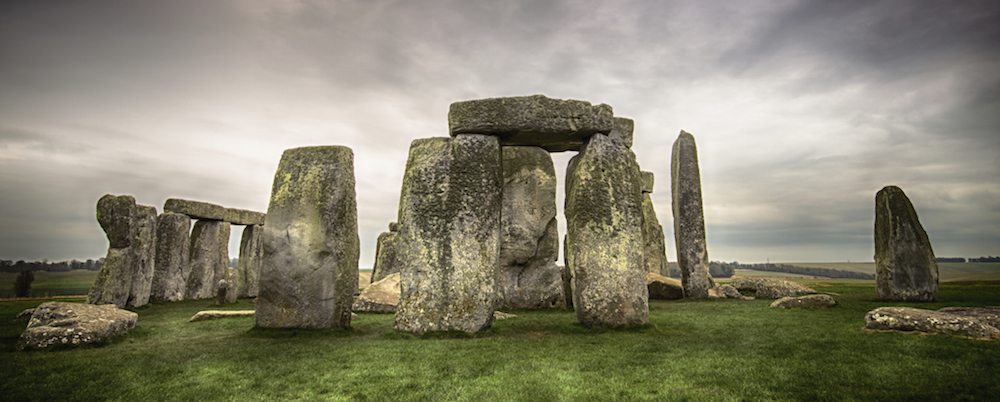Your Dentist in Springfield Reveals: Ancient Britons, a Periodontal Past

With the celtic holiday of Halloween on the horizon, maybe the ancient Britons have been on your mind a little more than usual. This is perfect because your hardworking team at McKenzie River Dental has just found a fascinating article that not only helps us better understand how to best care for our teeth in the modern world, but it gives us more insight into the fascinating world of the prehistoric British Isles!
So what do ancient Brits have to tell us?
Well, the study focuses on dental health in the Roman and British population around the time of 200-400 AD, a time when most people who managed to live past infancy were focusing their energy not on oral care but on avoiding pox, curses, or the evil eye-. Toothbrushing, as far as we know, wasn’t even in the picture yet!
Now a periodontologist from King’s College London has studied 303 skulls from a British town called Poundbury, looking for evidence of oral pathologies. What was found is surprising– fewer than 5% of skulls studied had signs of periodontal disease, compared to 15-30% of modern patients who carry signs of gum inflammation.
Periodontitis, also known as gum disease, begins with gum inflammation– but left untreated, it can lead to tooth decay and even tooth loss. In addition, numerous studies point to an association between oral inflammation and problems with systemic health, like the cardiovascular system.
What was their secret?
So why did ancient Britons escape gum disease, when they lived and died literally millennia before antibiotics or even the knowledge of single-celled animals called bacteria? Scientists have a few theories, and they believe that it was the lifestyle of these ancient peoples that protected them.
The researchers point at two major modern contributors to gum disease: smoking, and diabetes. Ancient peoples in Briton did not smoke, nor did they experience diabetes to the degree that members of many “developed” countries do today. Smoking is directly related to gum disease, and in fact, also raises the chances of a later-in-life diagnosis of diabetes Type II significantly.
But there’s more to the story
Before we romanticize the ancient Brits too much, it’s worth mentioning that researchers did find evidence both of cavities and of oral abscesses— a painful condition in which pus is trapped in the tooth, tooth root, or even bones of the mouth. In addition to this, their teeth showed significant signs of wear, probably from all the hard grains that they were eating.
What can we learn from these prehistoric people?
This study has provided a great sample of people’s health with built-in controls– from what we know, there was no oral medicine or treatment available, and certainly not antibiotics. This allows us to learn from what we presume to be lifestyle choices that contribute to oral health, and see how that might effect our health today.
The lifestyle choice of smoking continues to be one of the biggest controllable threats to oral health (in addition to innumerable other health factors). McKenzie River Dental highly suggests quitting the habit if you choose to smoke, or at least cutting down significantly. And we want to be an advocate for you in making this new, healthier lifestyle choice.
Contact your dentist in Springfield today!
To learn more about resources for smokers, or how other lifestyle choices may impact your oral health, please call or visit today. And from everyone at McKenzie River Dental, we wish you a safe and fun Halloween!
Photo Credit: Shadowgate via Compfight cc
